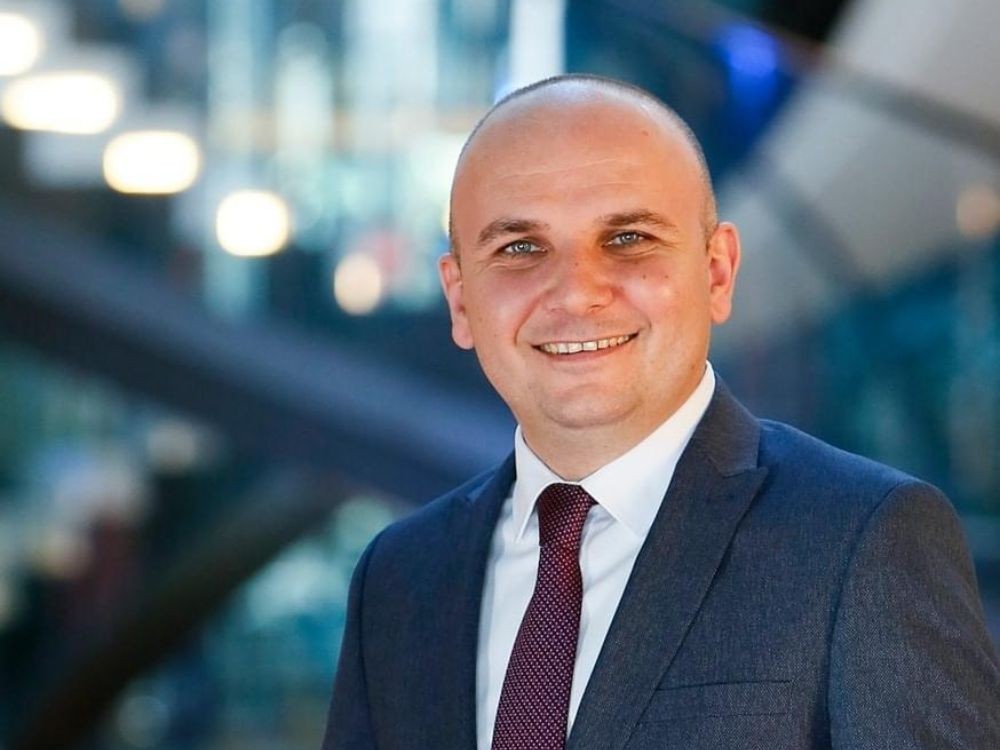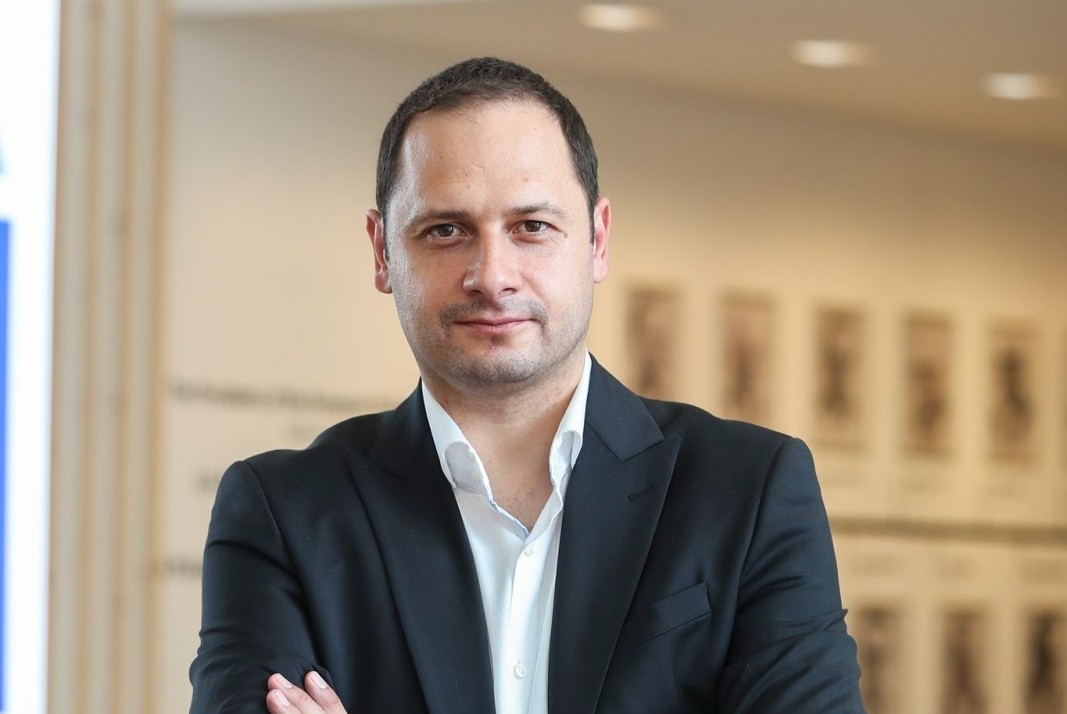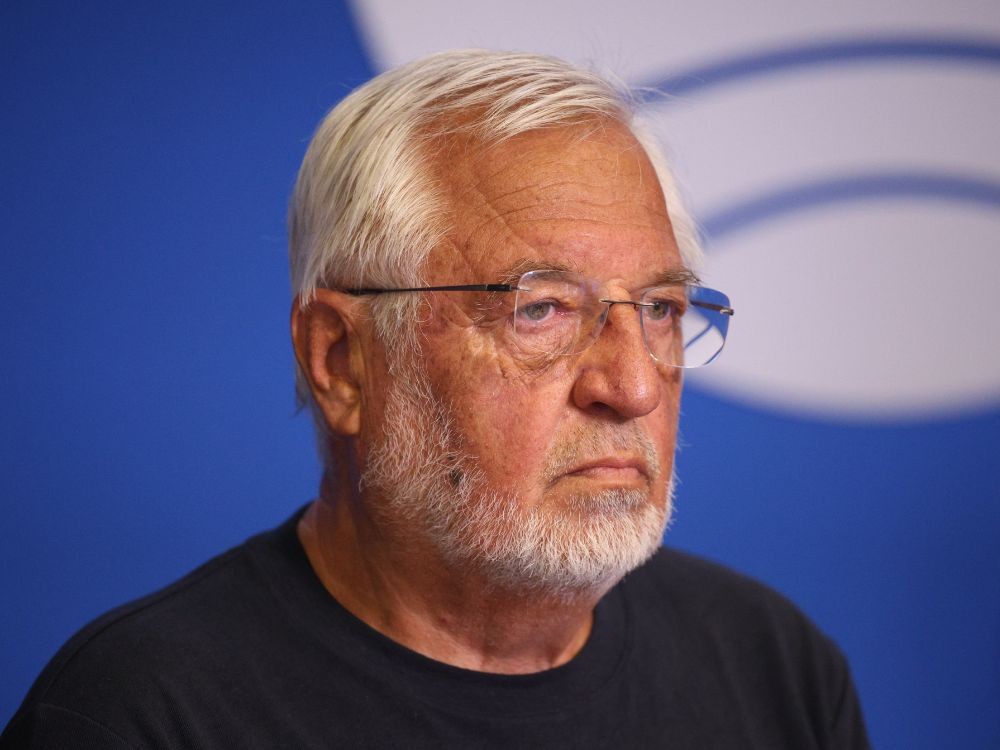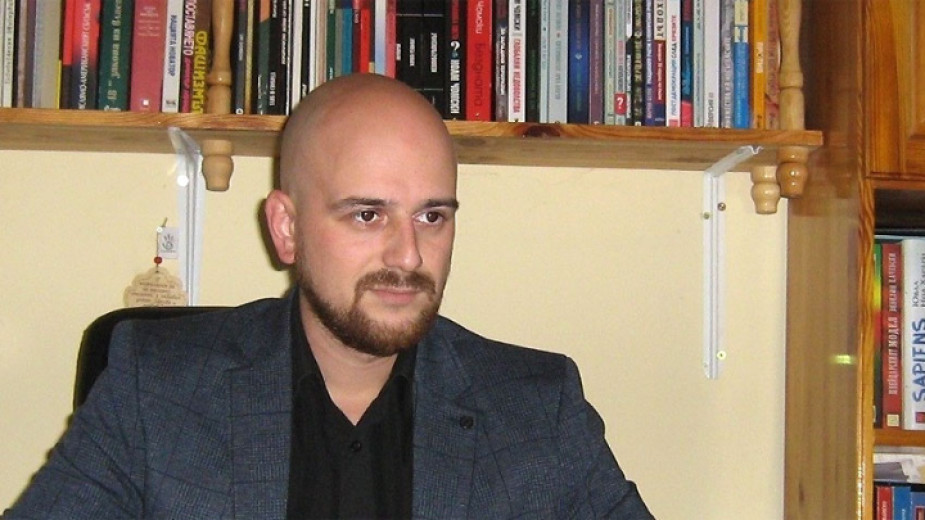Bulgaria has emerged from a long political slumber – 81 days after the sixth early parliamentary elections, the National Assembly elected the country's 105th government. A total of 125 MPs supported the coalition cabinet, formed through an agreement between three of the eight parliamentary parties and coalitions: GERB-SDS, BSP-United Left and There Is Such a People.
"This is not the most desirable configuration for governance, but it has its potential. This effort is worth making, given the need to act statesmanlike and to put efforts into strengthening security systems, the rule of law, the budget and to seek justice", said MEP Ilhan Kyuchyuk from "Democracy for Rights and Freedoms – DPS".
 The presidential transition in the United States and the processes in various European countries are a signal of major global changes, which justifies the importance of having a regular government in Bulgaria, albeit with some political compromises.
The presidential transition in the United States and the processes in various European countries are a signal of major global changes, which justifies the importance of having a regular government in Bulgaria, albeit with some political compromises.
 "The difference with what is happening in the USA and Europe is that in the United States and Europe there are parties or people with common interests who are looking in the same direction. What is being constructed here looks in four directions, if not more, and I'm not sure how it will fit into a situation where quick decisions need to be made and clear priorities need to be set", political scientist Emil Sokolov said for BNR.
"The difference with what is happening in the USA and Europe is that in the United States and Europe there are parties or people with common interests who are looking in the same direction. What is being constructed here looks in four directions, if not more, and I'm not sure how it will fit into a situation where quick decisions need to be made and clear priorities need to be set", political scientist Emil Sokolov said for BNR.
 "The government is dominated by Delyan Peevski", commented former MEP Petar Vitanov regarding the role of the leader of the fourth-largest parliamentary force DPS-New Beginning. "The opposition claims that he is pulling the strings, while everyone associated with the government claims the opposite. They can't say anything different because Peevski’s presence is uncomfortable for them and their voters. Peevski is in the most advantageous position because he retains his levers of power", said Petar Vitanov.
"The government is dominated by Delyan Peevski", commented former MEP Petar Vitanov regarding the role of the leader of the fourth-largest parliamentary force DPS-New Beginning. "The opposition claims that he is pulling the strings, while everyone associated with the government claims the opposite. They can't say anything different because Peevski’s presence is uncomfortable for them and their voters. Peevski is in the most advantageous position because he retains his levers of power", said Petar Vitanov.
The distribution of power in the country seems to be postponing important issues, such as the adoption of the state budget for 2025, the reform of the judicial system, legislative initiatives related to the Recovery and Resilience Plan and Bulgaria's membership in the Eurozone. A day after the government’s election, GERB leader Boyko Borissov announced that the ruling coalition will start making personnel appointments as of January 21 and the Joint Governance Council will start appointing deputy ministers, regional governors, deputy regional governors, etc. The distribution of positions may turn out to be the first stumbling block for the newly formed coalition and its ability to survive throughout its four-year term, but there are other challenges as well:
 "The real cause of conflict will not be geopolitics, as all parties are currently geopolitically flexible. As we said, things are changing, and geopolitics is taking a back seat. National interests and the preservation of the national economy and industry, which is a significant note under Trump, will prevail here as well. The problem will arise when a corruption scandal occurs and they start passing the hot potato. A corruption scandal will unfold due to the simple reason that all four parties are currently trying to use some form of power resources to resolve internal contradictions", said Emil Sokolov.
"The real cause of conflict will not be geopolitics, as all parties are currently geopolitically flexible. As we said, things are changing, and geopolitics is taking a back seat. National interests and the preservation of the national economy and industry, which is a significant note under Trump, will prevail here as well. The problem will arise when a corruption scandal occurs and they start passing the hot potato. A corruption scandal will unfold due to the simple reason that all four parties are currently trying to use some form of power resources to resolve internal contradictions", said Emil Sokolov.
Psychiatrist and writer Lyubomir Kanov is skeptical about the longevity of this government:

"The new government is useful that it exists, as it was formed after a long period of chaos. At least there is a government to take responsibility and a parliament to pass many urgent laws", Lyubomir Kanov said in an interview with BNR: "I hope it will get the job done, but I doubt it because of its diversity. The point is not to cause a big chaos and mess", Lyubomir Kanov went on to say.
The long wait for the political forces to agree on a nationally responsible governance formula seems to have exhausted the inclination for tolerance in the first days of the new government. It is necessary to carefully watch the future steps of the governing coalition. Controversial political appointments should trigger a firm stance from the parliamentary opposition, said political scientist Emil Sokolov. The same applies to legislative initiatives, although there is currently no clear program in this regard.

Political scientist Svetlin Tachev, on the other hand, mentions as a possible guarantor for a longer-lasting governance a well-known fact for all parties:
"Elections lead to political attrition and erosion. In this situation, a government like this one could temporarily ease public tension and provide an opportunity to stabilize the political forces".
Published and translated by Kostadin AtanasovFirst Azeri gas shipment for Ukraine across Bulgaria and Romania Ukraine’s state-owned energy company Naftogaz signed its first agreement with the Azeri state-owned oil and gas corporation SOCAR for the import of natural gas along the Transbalkan..
Diplomatic relations between China and the European Union span over half a century and have delivered substantial economic gains. “Trade between China and Europe has grown from 2.4 billion to almost 786 billion US dollars, with today’s daily volume..
"There was definitely more tension in this session of the European Parliament." This was commented by Angelina Piskova, BNR correspondent for the European institutions during a journalist round table in the programme "Strasbourg Calling" broadcast..

+359 2 9336 661
